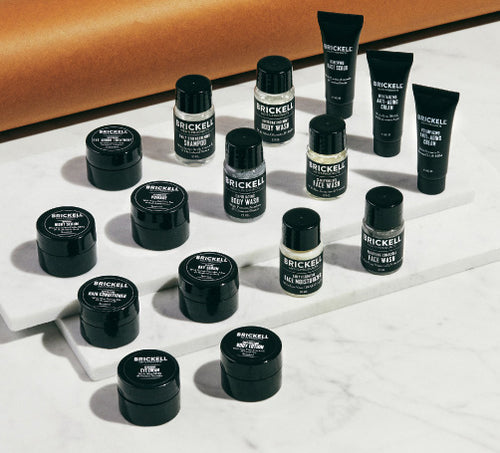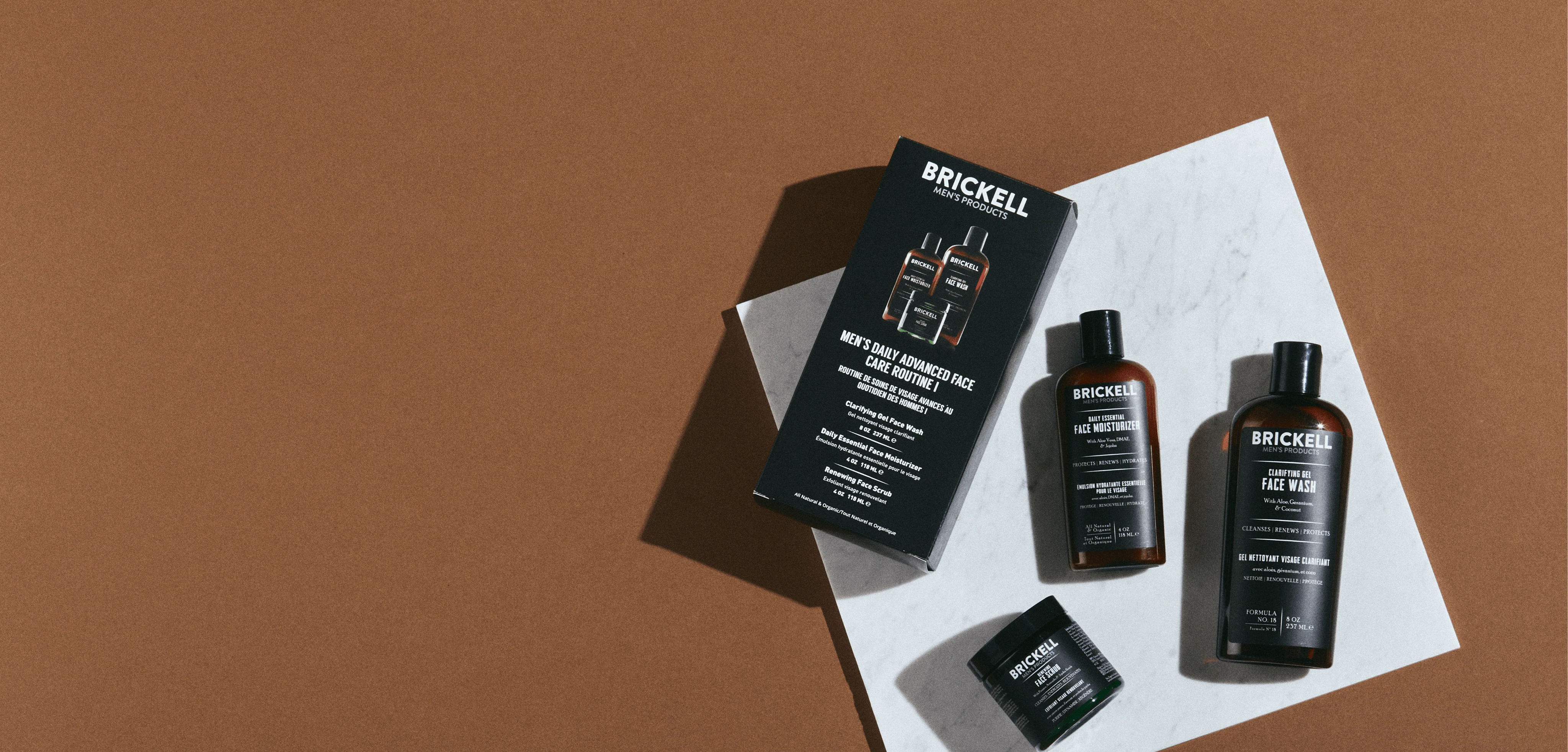The Grooming Manual
How Your Beard Reflects Your Personality

No surprises here - the way you choose to dress and groom sends a message to the world around you. Your appearance is an intensely personal form of self expression. But it’s also extremely subjective. What you want to say with your personal style may be interpreted completely differently by others. And sometimes, that can lead to trouble.
With that in mind, what does your beard communicate to others? How does it reflect your personality? Even if you’ve never given it much thought, you may be surprised by how related your personality and your facial hair can be.
Facial Hair and Masculinity
Since the ancient past, beards have been associated with manliness. Simply the ability to grow a beard is a sign of manhood. It literally separates the men from the boys.
Different cultures have taken their own stances on facial hair and masculinity. Some have viewed shaving off one’s beard as a sign of shame and disgrace, feeling that a true man should have a thick, full beard. Other cultures - like ancient Egyptians and ancient Greeks - saw a clean shaven look as dignified and respectable. Alexander the Great, often portrayed in artwork as clean shaven, instructed his troops to shave so the enemy wouldn’t be able to grab his soldiers by their beards.
Today, a beard is still a powerful sign of masculinity. Think about your own beard - how do others perceive it? Do you wear and groom it as a statement of your own masculine strength?
Facial Hair and Age
Growing a beard instantly ages you - but that’s not necessarily a bad thing. For a younger man, this may make him look more mature and experienced. Instead of having a baby face, he has a manly mane. In older men, a beard can have a warm, paternal effect.
As perceptions of beards have changed over the years, the aging effect has as well. A young man with a beard typically still looks older than his clean shaven peers. But beards have become so commonplace in modern culture that guys no longer stand out for having a beard. A young man with a beard may look physically older but seem younger - especially if his overall style is youthful and modern.
Facial Hair and Transformation
Men have long changed their facial hair to represent a personal transformation. Some recent pop culture examples include Al Gore growing a beard after losing the US presidential race in 2000, David Letterman growing a beard after retiring from Late Night, and Zayn Malik growing his after leaving One Direction. In these men’s cases, facial hair became a statement of change, an announcement to the world that they should be approached differently.
Maybe you’re at a moment in your life when things are changing. You can express that by redefining your appearance with facial hair. It’s a powerful choice - but also one that’s easy to reverse if you hate it. A quick shave can take a dramatic facial hair choice and replace it with an equally shocking one - no hair at all.
Facial Hair and Your Personal Style
Since your beard says so much about you to the world, make sure it fits your personal style. Just like you care about your skincare routine for men and the way you dress, you should give attention to your beard care routine. Here are a few ways to make sure your facial hair always looks great:
- Trim. Even if you’re growing a long, luxurious beard, it needs to be trimmed from time to time. This keeps it looking neat and prevents hair damage.
- Wash. Both your facial hairs and the skin beneath them need to be washed regularly to look (and smell) great. Use a face wash for men or a shampoo for men that’s gentle and won’t cause dehydration.
- Condition. Use beard oil daily to shine, soften, and hydrate your whiskers. This keeps your beard from looking like an out of control bird’s nest - or steel wool. You’ll look your best and anyone who comes in contact with your beard will appreciate the texture.


